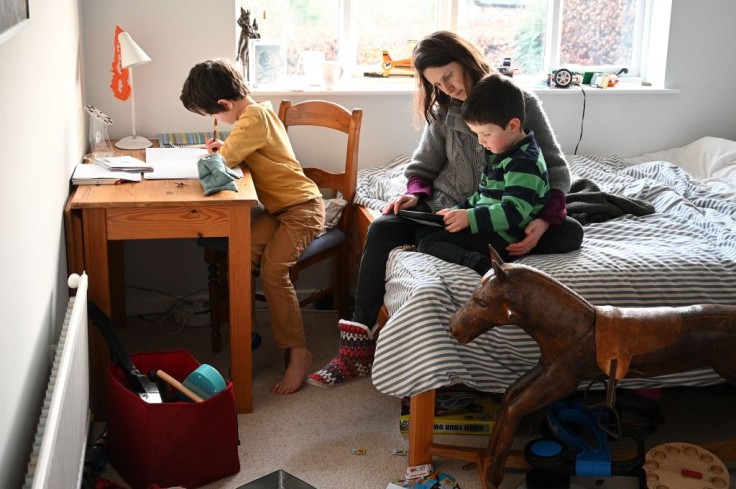
Parenting is one of the most challenging and rewarding roles a person can undertake. The way parents interact with their children can significantly impact their development, behavior, academic success, and future relationships.
If you're looking for an approach to parenting, here is a guide on the six most popular parenting styles and how they could affect your children.
What's a Parenting Style?
A parenting style refers to the combination of strategies and behaviors that parents use in raising their children. It encompasses the parents' attitudes, the tone they use, and how they implement discipline and rewards.
There are four main types of parenting styles, namely authoritarian, authoritative, permissive, and uninvolved. However, several sub-types, such as helicopter parenting and gentle parenting, have seen a rise in popularity.
Different Types of Parenting Styles
Authoritarian
Authoritarian parents are strict and expect their children to follow rules without question. They often use punishment to enforce obedience and rarely explain the reasoning behind their rules---similar to an army drill sergeant.
Possible Effects on Children
- May have low self-esteem
- Tend to be obedient but not happy or creative
- May become aggressive or defiant when away from parents
- Often struggle with social skills and decision-making
- Poor judge of character
Authoritative
Authoritative parents set clear rules and expectations but are also warm and responsive. They explain the reasons behind rules, encourage open communication, and give their children the freedom to make decisions.
Authoritative parents often invest time and energy into preventing behavior problems from the start. This could include strategies such as positive discipline and implementing praise and reward systems.
Possible Effects on Children
- Generally happy and successful
- Develop good social skills and self-esteem
- Tend to be responsible and self-reliant
- Often perform well academically
- Ability to manage aggression
- Ability to clearly express their emotions
- High self-esteem
- Less likely to misuse drugs and alcohol
Permissive
Permissive parents are loving but provide few guidelines and rules. They often act more like friends than parents and avoid stepping in until there is a serious problem. Typically, permissive parents adopt a "kids will be kids" stance.
Possible Effects on Children
- May lack self-discipline and self-control
- Often struggle with authority and following rules
- Can be self-centered and demanding
- Can be impulsive and aggressive
- May suffer from anxiety and depression due to lack of structure
- May struggle academically
Uninvolved
Uninvolved parents provide little emotional support and minimal guidance. Essentially, uninvolved parents ignore their children and are likely to have minimal knowledge about what their children are doing.
It is important to note that not all uninvolved parents are neglectful. In some cases, the parent may be struggling with mental health issues or substance abuse problems that make them unable to care for their child's emotional and physical needs.
Possible Effects on Children
- Often have low self-esteem
- Tend to perform poorly in school
- May have difficulty forming relationships
- Are at higher risk for substance abuse and delinquent behavior
Gentle
Gentle parenting focuses on understanding and meeting the child's needs while setting clear boundaries. The approach does not follow a strict set of rules, but it requires parents to be aware of the behavior they are modeling for their child.
Typically, gentle parenting involves encouraging a child to take responsibility for themselves. Children raised using a gentle parenting style are also invited to explore their emotions and manage their feelings, be it positive or negative emotions.
Possible Effects on Children:
- Often develop strong emotional intelligence
- Tend to have good self-regulation skills
- Usually have a strong, positive relationship with parents
- May struggle in highly structured environments initially
Helicopter
Helicopter parents are overly involved in their children's lives, often trying to solve all their problems and shield them from failure or disappointment. Helicopter parents are often overprotective of their children and would constantly obsess about successes and failures.
In many cases, helicopter parents are driven by their fear and anxiety. However, this can lead to children who are less likely to be able to effectively manage their behavior and emotions.
Possible Effects on Children
- May lack problem-solving skills
- Often have low self-confidence
- Can become overly dependent on parents
- May experience anxiety when faced with challenges
- May have difficulties learning integral life skills
Each parenting style has its own set of characteristics and potential outcomes for children. It's important to note that many parents don't fit neatly into one category and may use a combination of styles depending on the situation.
Related Article : Mom Shares the Most Toxic Parenting Style She Never Used on Her Children